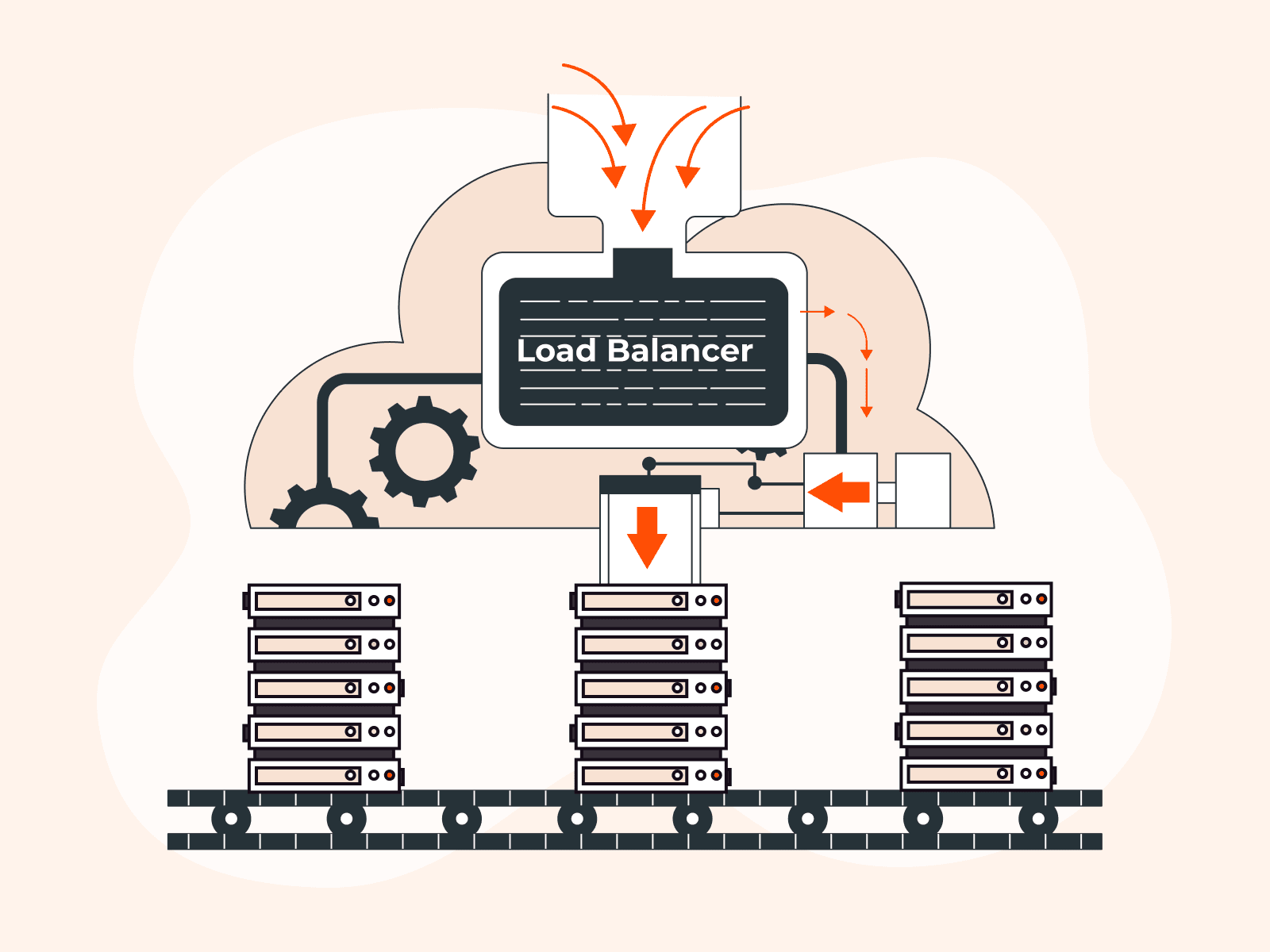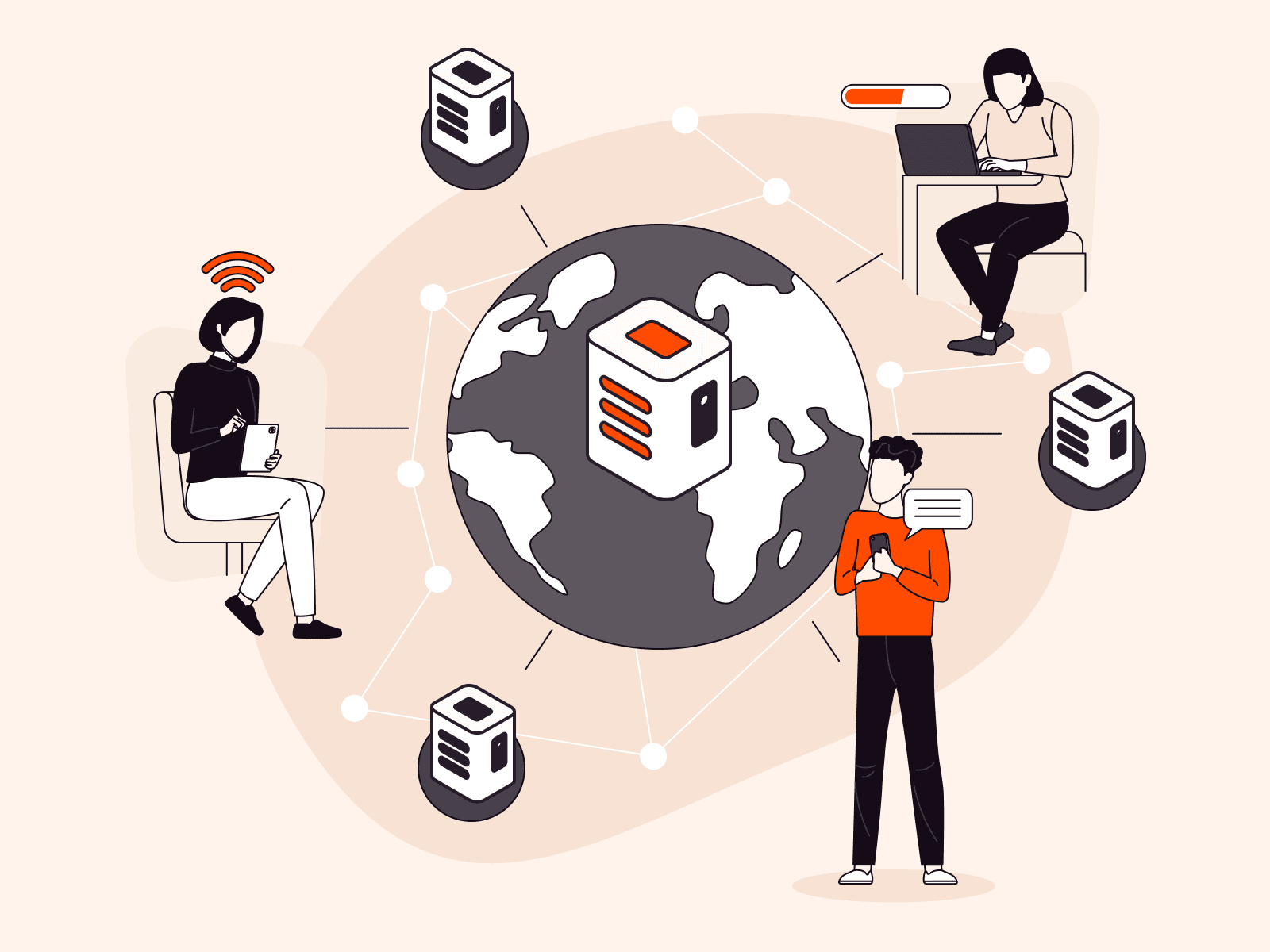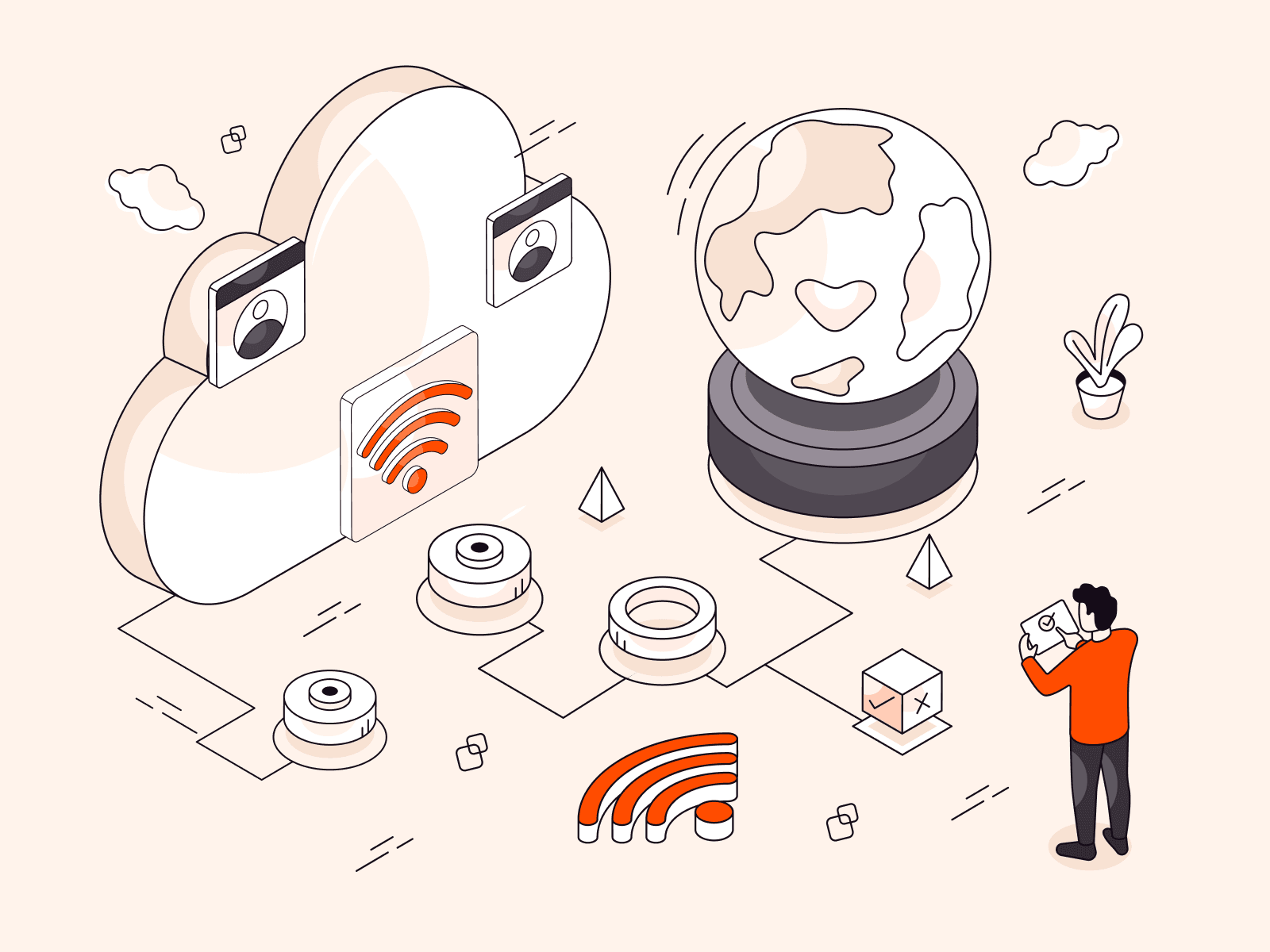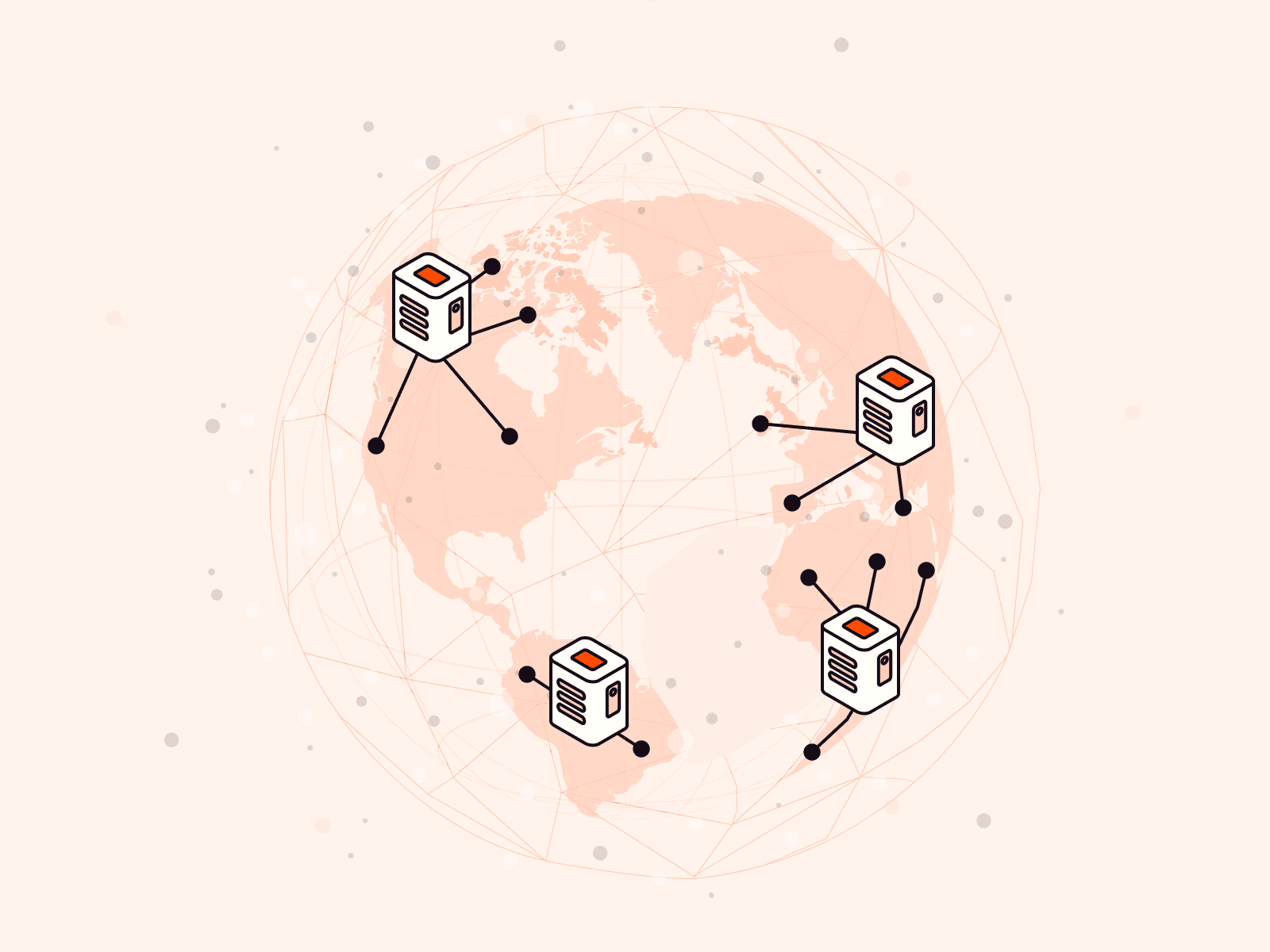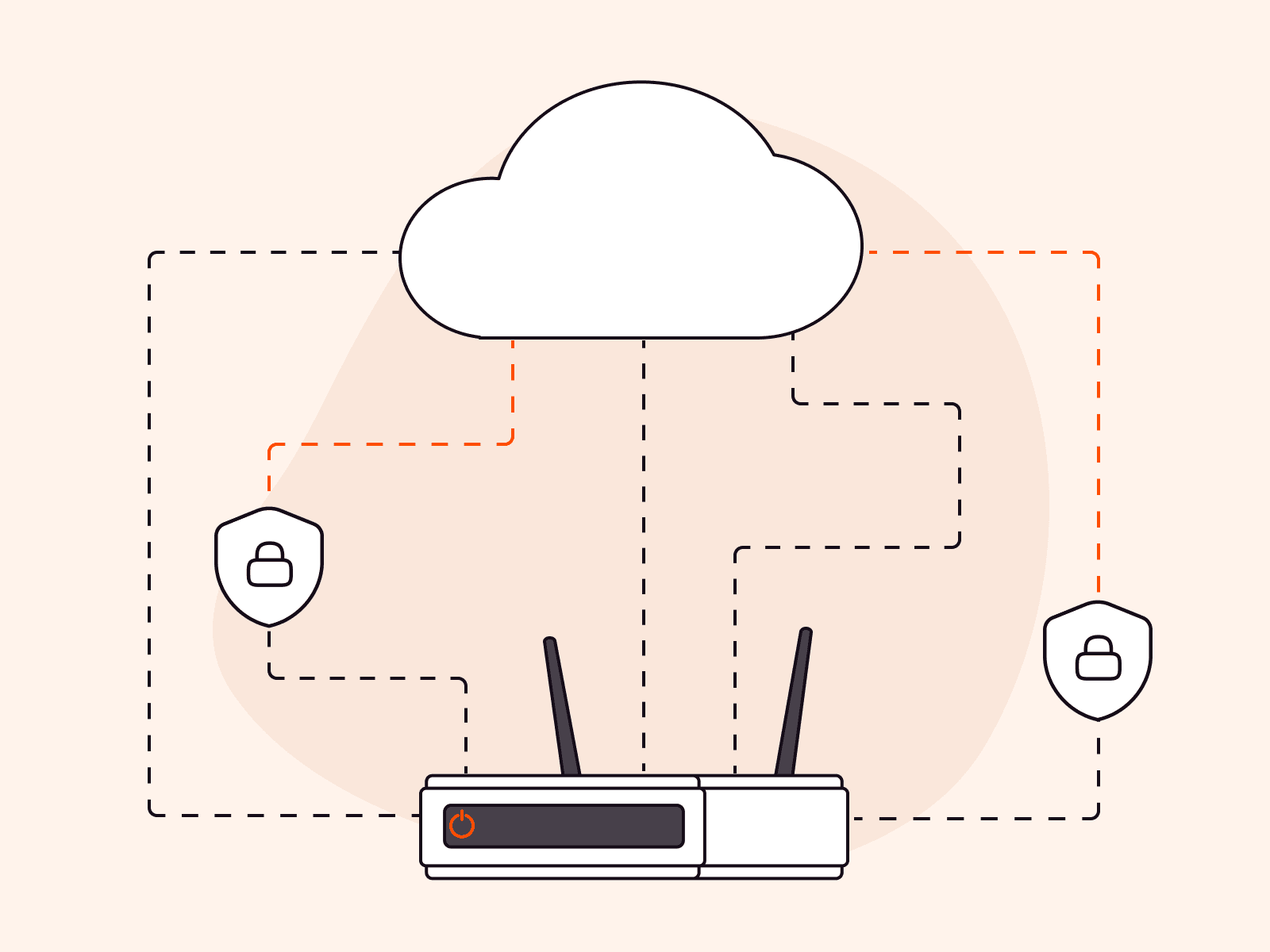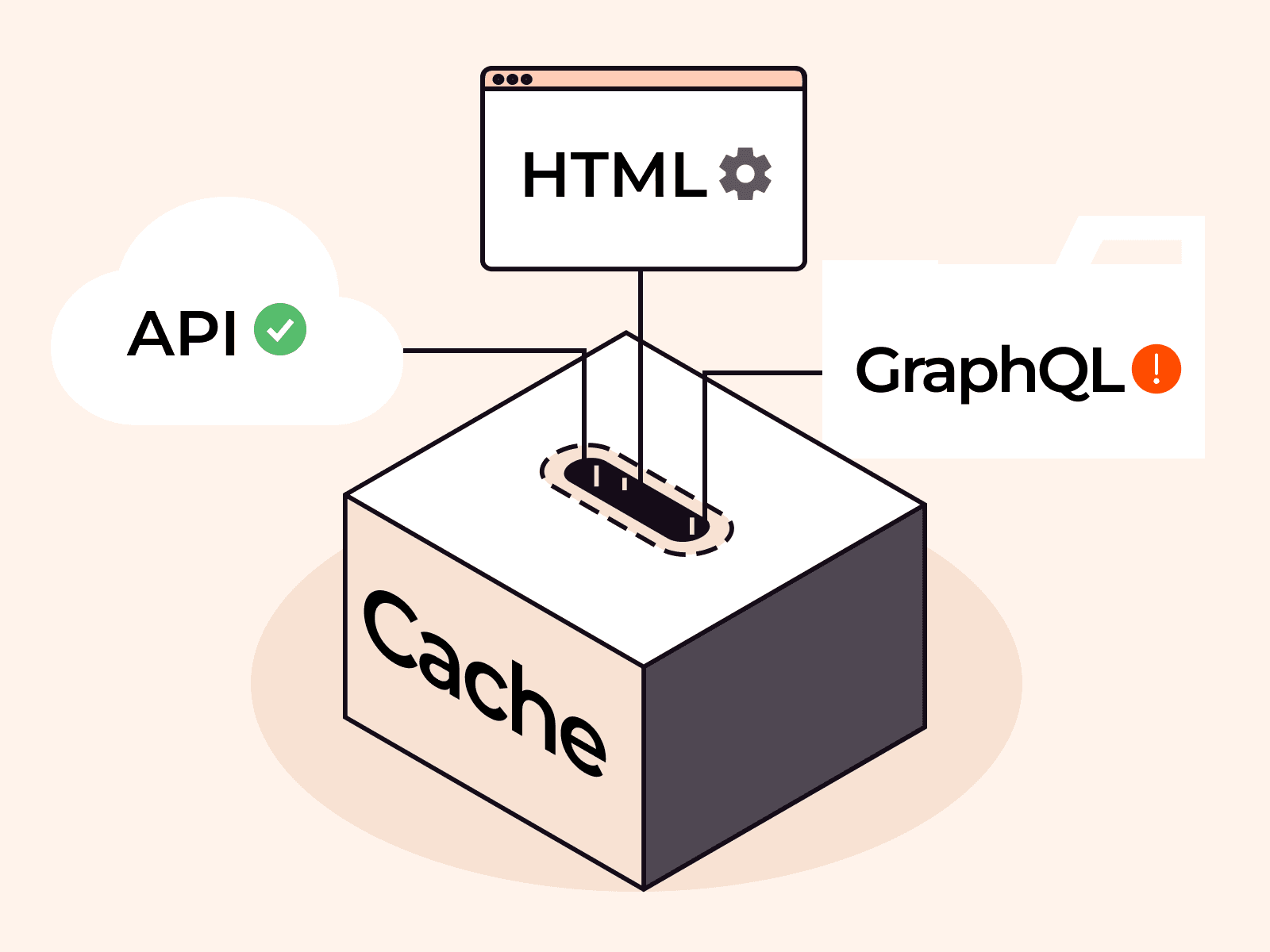Whether you’re running an e-commerce store, streaming videos, or managing an app, delivering content quickly and reliably is essential to keeping users satisfied. This is where a content delivery network (CDN) comes into play.
A CDN is a globally distributed network of servers that work together to deliver content to users quickly, minimizing latency. Instead of relying on a single server, a CDN uses edge servers—called points of presence (PoPs)—to cache or temporarily store copies of your content closer to the user. This optimizes website performance, drastically cuts down on load times, and improves the user experience. Research suggests that a one-second lag in page loading speed can significantly decrease engagement, citing a 7% decline in conversions and an 11% decrease in page visits. CDNs considerably speed up load times by reducing latency through content caching closer to the user. By splitting up your website’s traffic over several servers, CDNs also protect it from online threats. Distributed denial-of-service (DDoS) attacks are lessened by CDNs because they spread traffic among a network of servers, improving security and availability.
What Challenges Do CDNs Address?
CDNs tackle two key challenges to improve website and application performance:
- Slow load times: Users sometimes experience frustratingly slow-loading websites and applications. This is because data must travel from a server to the end user’s device, causing latency. CDNs move servers closer to end users, reducing the distance that data has to travel and speeding up load times.
- High traffic volumes: High traffic volumes during peak times or cyberattacks can overwhelm your website and lead to latency or site unavailability. Since CDNs distribute traffic across multiple servers, no single server is overwhelmed. This helps prevent crashes and delivers smooth performance for all users.
Common Use Cases for CDNs
CDNs are vital across a range of industries, providing measurable improvements in content delivery and user experience.
- E-commerce websites use CDNs to guarantee quick page loading and frictionless shopping experiences, even during periods of high traffic. Speed is crucial for online businesses. A study found that the average cost of downtime for e-commerce websites is around $500,000 per hour. This includes lost sales, operational costs, and long-term damage to brand reputation
- Streaming services rely on CDNs to deliver high-quality video content while minimizing buffering. Netflix states that its CDN contributes to the daily delivery of over 125 million hours of streaming content, guaranteeing a seamless experience for customers worldwide.
- Gaming companies use CDNs to lower latency and provide a consistent real-time user experience, especially during live multiplayer matches, where it is essential to preserve an engaging and fair gameplay experience.
- News outlets and blogs benefit from CDNs by ensuring their content loads quickly for readers around the world, during large-scale traffic surges, especially during major events like elections or breaking news.
The Benefits of a CDN
Faster Website Performance
Every second counts when delivering content online. Slow websites frustrate users and harm your business. CDNs speed up content delivery by caching data closer to users, reducing page and file load times.
Whether you’re delivering static content (such as CSS, HTML or JPG files) or dynamic content (like data generated by user interactions or API calls), a CDN ensures optimal performance regardless of user location. While factors like DNS settings, server configurations, and code optimization all play a role, the physical distance between your origin server and your users is a factor that only a CDN can solve.
Increased Availability and Reliability
Downtime can seriously affect online businesses. Hardware failures, traffic surges, and cyberattacks can reduce your website’s availability, harming your customers’ experience and causing financial or reputational damage. In fact, around 98% of organizations report that just one hour of downtime costs over $100,000.
A CDN ensures that your website remains available, fast, and reliable by leveraging essential features such as:
- Load balancing: This process dynamically distributes traffic across multiple servers to optimize performance and prevent overload.
- Intelligent failover: Automatically redirects traffic if a server goes offline, ensuring continuity with minimal disruption.
- Anycast routing: Directs users to the closest or most efficient server, further reducing latency and enhancing response times.
Security Features
As cyber threats continue to grow in sophistication and frequency, securing your website or application is more critical than ever. According to recent statistics from Cobalt’s 2024 Cybersecurity Report, weekly attacks worldwide increased by 8% in 2023, while attackers used more sophisticated strategies to exploit vulnerabilities. Strong security measures that not only safeguard your website but also guarantee optimal performance are necessary in light of these evolving threats.
CDN security features not only improve website performance but also defend against a wide range of attacks by distributing traffic across multiple servers, which mitigates DDoS attacks and filters out malicious traffic before it reaches your website. These features, from DDoS protection to safeguarding APIs, help maintain uptime, protect sensitive data, and guarantee a seamless user experience. Most modern solutions like Gcore CDN integrate robust security measures into content delivery, such as:
- SSL/TLS encryption facilitates secure data transmission by encrypting traffic, protecting sensitive information from being intercepted.
- L3/L4 DDoS protection blocks large-scale cyberattacks designed to flood your network and disrupt services.
- L7 DDoS protection guards your website from more complex attacks targeting how the website functions, helping it continue to operate smoothly.
- Web application firewall (WAF) acts as a shield, blocking harmful traffic such as hacking attempts or malicious scripts before they can affect your site.
- API security protects the communication between your application and other software, preventing unauthorized access or data theft.
- Bot protection identifies harmful automated traffic (bots), preventing activities like data scraping or login attempts with stolen credentials while allowing useful bots (like search engine crawlers) to function normally.
Elevate Your Online Experience With a CDN
A CDN is no longer a luxury—it’s a necessity for businesses that want to deliver fast, reliable, and secure online experiences. Whether your goal is to optimize performance, manage high traffic, or protect your site from attacks, a well-configured CDN makes all the difference.
Ready to enhance your website’s performance? Our futureproof CDN runs on a global network of over 180 points of presence, so your customers get outstanding performance no matter where in the world they’re located. Get in touch with our team today to learn how our CDN can benefit your business.
Related articles
Subscribe to our newsletter
Get the latest industry trends, exclusive insights, and Gcore updates delivered straight to your inbox.

